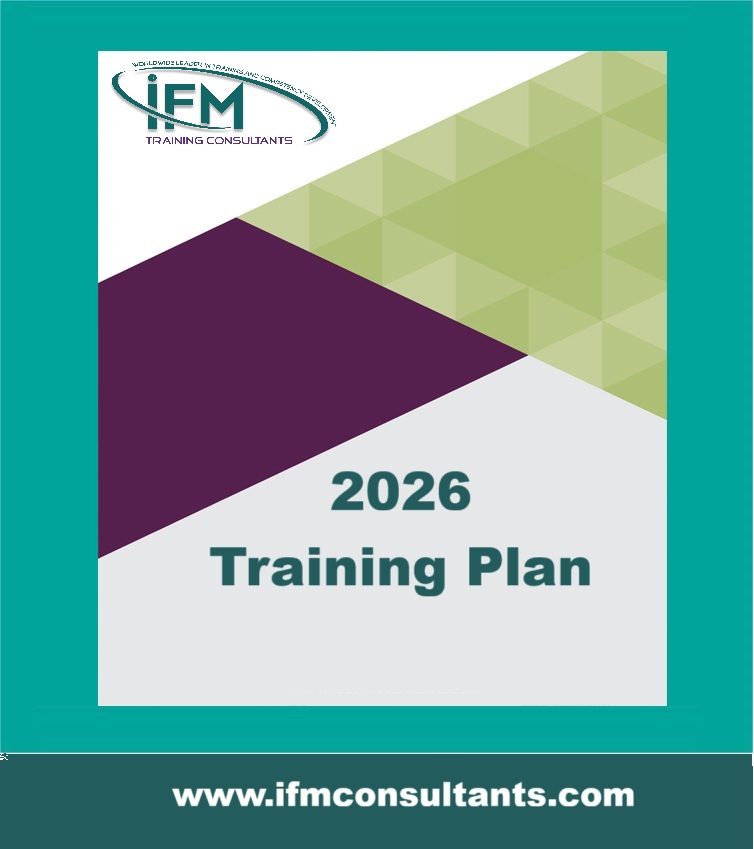Certified Training in Respiratory Equipment for Safety Engineers (Train-the-Trainer)
| Start Date | End Date | Venue | Fees (US $) | ||
|---|---|---|---|---|---|
| Certified Training in Respiratory Equipment for Safety Engineers (Train-the-Trainer) | 21 Dec 2025 | 25 Dec 2025 | Riyadh, KSA | $ 3,900 | Register |

Certified Training in Respiratory Equipment for Safety Engineers (Train-the-Trainer)
| Start Date | End Date | Venue | Fees (US $) | |
|---|---|---|---|---|
| Certified Training in Respiratory Equipment for Safety Engineers (Train-the-Trainer) | 21 Dec 2025 | 25 Dec 2025 | Riyadh, KSA | $ 3,900 |
Introduction
This Trainer Course in Respiratory Protection is recommended for inspectors, auditors, safety and health professionals, and that personnel responsible for writing, auditing, or training employees with an active role in respiratory protection. This course was developed and designed to educate participants to train about all aspects of 29 CFR 1910.134 Respiratory Protection.
The function of our breathing apparatus training is to ensure that the user is competent in the safe and effective use of the same. We train personnel in many different breathing apparatuses. The breathing apparatus allows the trained wearer to breathe in an atmosphere that would not otherwise support life hence the quality of the training is vitally important. This course is suitable for trainers and all personnel who are required to wear breathing apparatus equipment. There will be practical exercises during the course. Participants are advised to bring their PPE which will be used during practical sessions which will be advised by the instructor on the first day of the course. The Breathing Apparatus Trainer Course is for personnel who need to design and deliver safe and effective breathing apparatus training.
This course will include the following:
- BA procedures and equipment
- Physiology of respiration
- Confined spaces
- Gas testing atmosphere
- Principles of safety
- Risk assessment
- Training and exercise planning
Objectives
- Understand the use of a breathing apparatus set and ancillary equipment
- Lead familiarization with BA set and ancillary equipment
- Understand the safety procedures relating to BA instruction
- Plan breathing apparatus practical sessions
- Understand the effects of the BA instruction environment
- Understand how to facilitate BA sessions
- Facilitate practical BA sessions
- Determine training needs
- Identify goals and objectives
- Develop learning activities (i.e., lecture, on-the-job, hands-on, discussion, or a combination of all of these)
- Conduct the training – each student will be responsible to develop and present an assigned topic on Respiratory Protection to the class and be evaluated on that presentation.
- Evaluate the Training Program
- Debrief those involved in the BA session
At the end of this training course, you will learn to:
Training Methodology
This is an interactive course. There will be open question and answer sessions, regular group exercises and activities, videos, case studies, and presentations on best practice. Participants will have the opportunity to share with the facilitator and other participants on what works well and not so well for them, as well as work on issues from their own organizations. The online course is conducted online using MS-Teams/ClickMeeting.
Who Should Attend?
The course is both theoretically and practically orientated, delegates must be capable of preparing and delivering lectures as well as practically demonstrating BA wearing competence in hot fire-fighting situations. Participants attending the course should be physically fit. It is advisable that they should contact their doctor or occupational health department for a physical check-up, as this is a physically and mentally demanding course.
Course Outline
- Description of Breathing Apparatus Set
- Definitions
- The engineering and administrative controls
- Confined space entry
- Gas testing atmosphere
- Risk assessment
- Observation
- Basic respiratory protection practices the method of donning the respirator and checking its fit and operation
- The respiratory hazard and the effect on the wearer if the respirator is not used properly
- Low & High temperature environments
- Working in smoke and darkness
- Verbal communications
- Maintenance, inspection, and storage
- Practical session
- Test (theoretical and practical)
- Course Conclusion
- POST-TEST and EVALUATION

















